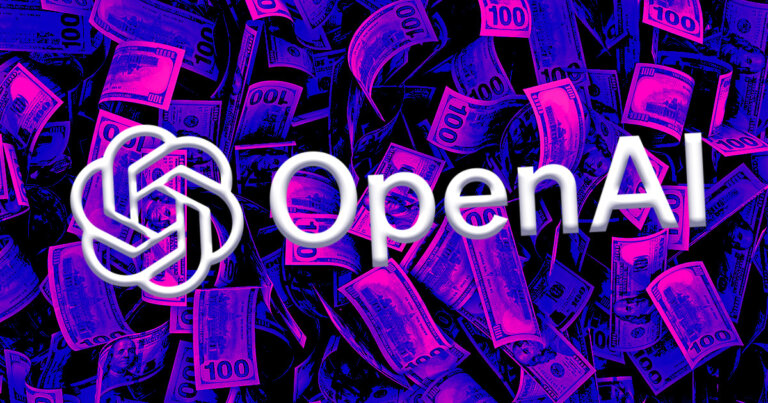A coalition of prominent Canadian news organizations, including the Toronto Star, the Globe and Mail, and the Canadian Broadcasting Corporation (CBC), has filed a lawsuit against OpenAI, the creator of ChatGPT. The lawsuit, filed on November 29, 2024, accuses OpenAI of violating their copyrights by using content from their websites to train its artificial intelligence (AI) models without proper consent or compensation.
The news outlets claim that OpenAI scraped their articles, news stories, and other media content to develop the language models that power ChatGPT. The companies argue that this content is the result of significant investments in time, labor, and resources by journalists, editors, and staff. Rather than obtaining the content through lawful means, the companies assert that OpenAI “brazenly misappropriated” their intellectual property for commercial use, thereby unjustly benefiting from the work of these media organizations without offering anything in return.
The Allegations and Claims
The lawsuit highlights the fundamental issue at the heart of the case: the lack of payment or acknowledgment for the content that OpenAI allegedly used to train its models. While OpenAI has entered into licensing agreements with some other publishers, such as The Associated Press, Axel Springer, and Le Monde, the Canadian news outlets claim they have never received any compensation or licensing deal from OpenAI.
The companies behind the lawsuit are seeking financial damages and asking the court to prevent OpenAI from further using their copyrighted material without permission. The news organizations argue that the improper use of their content has harmed their businesses and threatened their ability to produce quality journalism.
These legal actions are part of a larger pattern of lawsuits facing OpenAI from various industries. High-profile cases have also been filed by The New York Times, the New York Daily News, YouTube content creators, and authors like comedian Sarah Silverman, all of whom have similarly accused OpenAI of copyright infringement.
OpenAI’s Response
In response to the allegations, OpenAI issued a statement defending its practices, asserting that its AI models are trained on publicly available data and that their usage falls under “fair use” principles and international copyright laws. The company emphasizes that ChatGPT is used by millions of people around the world to enhance their daily lives, boost creativity, and solve complex problems.
OpenAI further contends that it works closely with publishers, including those in the news industry, to ensure proper attribution, display of content, and the option for them to opt-out if they prefer not to have their material included. The spokesperson reiterated that OpenAI respects the rights of content creators and supports innovation while balancing the needs of creators.
The Context: A Growing Legal Battle
This lawsuit comes in the wake of increasing scrutiny of AI companies and their use of copyrighted content. A study conducted by Columbia University’s Tow Center for Digital Journalism recently revealed that no publisher, regardless of its relationship with OpenAI, had escaped inaccurate representations of its content when used in ChatGPT. This revelation has only intensified concerns among media companies about how AI tools handle their intellectual property.
While OpenAI has emphasized its efforts to work collaboratively with publishers, offering them the opportunity to opt-out and providing proper attribution, the news organizations involved in this lawsuit argue that these actions are insufficient, especially when it comes to receiving compensation for their content. The lawsuit underscores the tension between AI companies and content creators, who are increasingly demanding fair payment for the use of their work.
The Bigger Picture: Copyright and AI
The legal battle highlights the evolving intersection of copyright law and artificial intelligence. As AI tools like ChatGPT become more sophisticated and integral to various industries, questions about the ownership of data used to train these models are becoming more pressing. The outcome of these lawsuits could set important precedents for how AI companies and content creators navigate intellectual property rights in the future.
As this case unfolds, it will likely bring more attention to the challenges that arise when AI systems are trained on vast amounts of publicly available data, including content that may be copyrighted. It raises important questions about the need for clearer regulations and more transparent practices for AI companies in their use of third-party content.
Conclusion
The lawsuit filed by a coalition of Canadian news companies against OpenAI is a significant development in the ongoing debate about the ethical and legal implications of AI’s use of copyrighted material. As news outlets and other content creators seek fair compensation for the use of their work, the outcome of this case could have far-reaching implications for the future of AI development and copyright law. The case is not only about securing financial compensation but also about ensuring that the work of journalists, writers, and creators is protected in the rapidly changing digital landscape.

